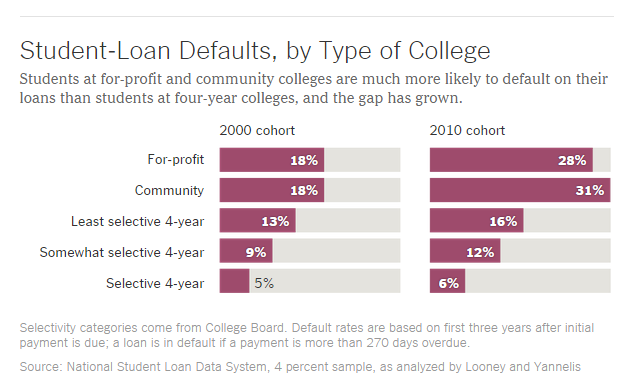To keep up with the changing technology environment, computer maker Dell will buy the storage provider EMC in a deal worth about $67 billion, the companies announced today, Oct. 12.
Questions:
1. What are some of the benefits of the new combined company?
2. How much is Dell going to pay per share of EMC? How is Dell accomplishing this merger?
3. What are the separate strengths that each company brings to the new company? Perform a SWOT analysis based on your Internet research.
4. Who will be the CEO of the new company?
5. What is the role of the companies’ accounting firms when there is a merger/acquisition? Give some examples.
Staff. (2015). Dell to Buy EMC for $67 Billion. The New York Times, Oct. 12 (Retrievable online at http://www.nytimes.com/2015/10/13/business/dealbook/dell-announces-purchase-of-emc-for-67-billion.html)
















